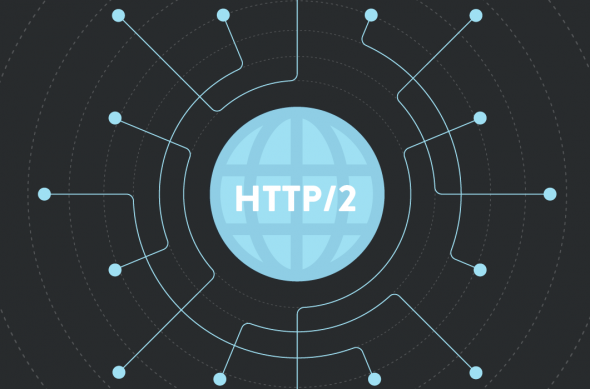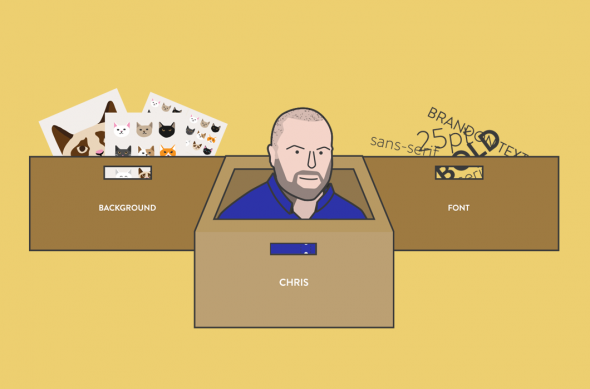All Blog Posts
Let’s face it: Making business decisions on chance or a hunch is so 20th century.
This past December, CSS turned 20 years old. That’s straight from the horses mouth, and Alec rounded up a few highlights here, as well.
Cloud computing’s roots go back to the start of the computer age, when the shared access mainframes of the 70s and 80s laid its foundation.
Initially released on December 17, 1996, CSS is celebrating its 20th year of being an essential web style language.
The cloud has reached such a point of maturity that the services that come with it are just as important as the cloud’s main benefits themselves.
Cron is one of the most popular and basic utilities found on Unix systems. Combined with other tools, cron makes it exceptionally easy to automate a broad range of tasks on your server.
OpenStack has been on the tip of the tongue of so many players in the infrastructure world for the better part of this decade.
I bet you’ve seen it. A video background that takes up the entire browser window.
In what appears to be a common trend in 2017, cloud-based companies have found a burgeoning market of European enterprises who need access to zippy software and technology.
New e-commerce businesses are popping up every day, with brick-and-mortar operations rapidly joining the digital marketplace.
Amazon Web Services has held the top spot in the cloud industry for years. RightScale's 2017 State of the Cloud report found that 57 percent of businesses have adopted AWS for their cloud needs, beating out both Azure and Google.
It was no small task for developers to make the web as accessible and reliable as it is today.
Moving digital assets and workflows onto the cloud does present multiple challenges, especially when done by the in-house IT team.
2017 has started off by slowly drifting away from the stoic design trends of minimalism, monochromatic layouts, and the omnipresent flat design.
I’ll admit, I traditionally haven’t had much of an opinion about the ordering of CSS properties.
What’s scarier: Environmental disasters, cyberattacks, or hardware failure? That was just one of the many questions posed to over 110 financial industry professionals when polled by Evolve IP.















